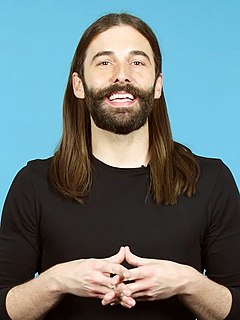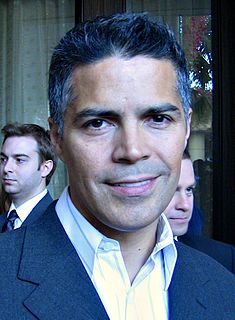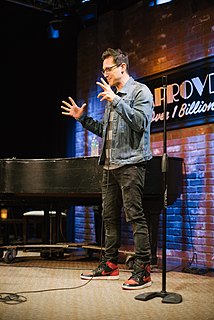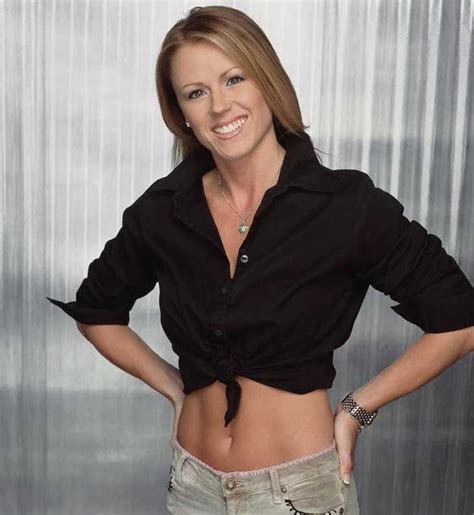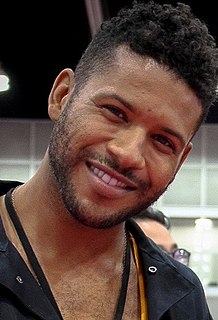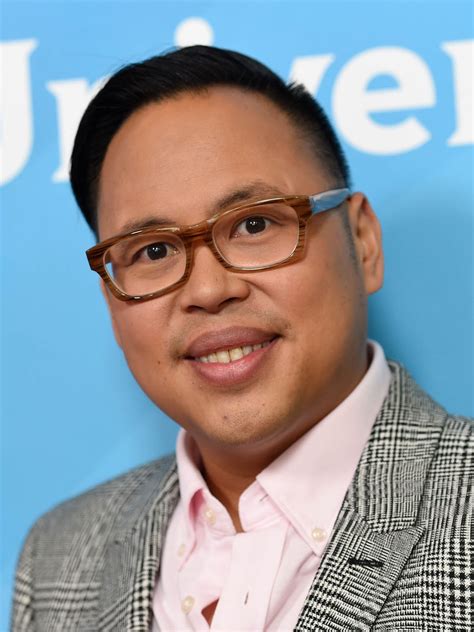A Quote by Karamo Brown
Encourage your friend and family member who are queer parents of color to post their stories and share it with the world. It's time for us to be seen.
Related Quotes
Our stories are not meant for everyone. Hearing them is a privilege, and we should always ask ourselves this before we share: "Who has earned the right to hear my story?" If we have one or two people in our lives who can sit with us and hold space for our shame stories, and love us for our strengths and struggles, we are incredibly lucky. If we have a friend, or small group of friends, or family who embraces our imperfections, vulnerabilities, and power, and fills us with a sense of belonging, we are incredibly lucky.
For many years, I have been moved by the blue at the far edge of what can be seen, that color of horizons, of remote mountain ranges, of anything far away. The color of that distance is the color of an emotion, the color of solitude and of desire, the color of there seen from here, the color of where you are not. And the color of where you can never go.
When you’re young, your world is pretty limited. My parents, my family, my church dominated my world. And because Birmingham was so segregated, I didn’t really have to encounter the slings and arrows of racism on a daily basis. Obviously, from time to time I did, like when my parents took me to see Santa Claus and he wasn’t letting black children sit on his knee. But my parents tried to insulate me as much as they could.
When you have a family, even though you might move a lot, you collect all of these things. It's the detritus of your family and they become the symbols of your family life, and your unit out in the world. In that moment I wanted to allude to the fact that the way my parents' relationship was falling apart was impacting me and my brother, my parents, but also our symbols.
There are two keys to productive missionary work -- (1) family-to-family friendshipping (when a member family shares the gospel with a nonmember family) and (2) cooperation between members and the missionaries to reach people...Every member knows of nonmembers he or she can refer to the missionaries. Every father, mother, and youth in this church should share the gospel by giving a Book of Mormon, telling the account of the Prophet Joseph Smith, or inviting our acquaintances to a special meeting.
People often ask me why I choose to primarily play queer characters, and my answer is that as a queer man, I choose to align myself with projects in which I can be of service for a purpose greater than myself: to be for an audience of queer people of color, something I didn't have the privilege of seeing as a young man.

